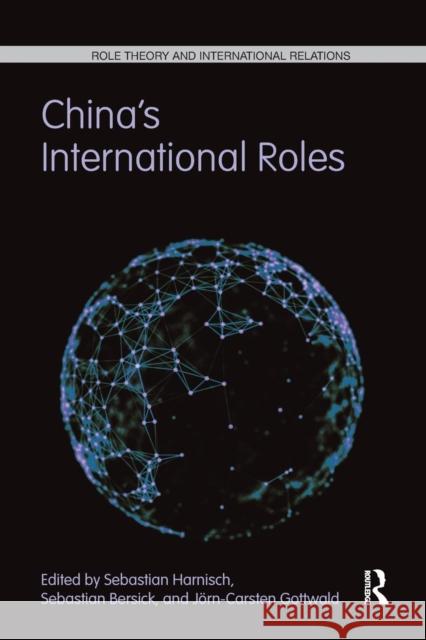China's International Roles: Challenging or Supporting International Order? » książka
topmenu
China's International Roles: Challenging or Supporting International Order?
ISBN-13: 9781138066717 / Angielski / Miękka / 2017 / 264 str.
China's International Roles: Challenging or Supporting International Order?
ISBN-13: 9781138066717 / Angielski / Miękka / 2017 / 264 str.
cena 229,20
(netto: 218,29 VAT: 5%)
Najniższa cena z 30 dni: 201,44
(netto: 218,29 VAT: 5%)
Najniższa cena z 30 dni: 201,44
Termin realizacji zamówienia:
ok. 16-18 dni roboczych.
ok. 16-18 dni roboczych.
Darmowa dostawa!
This collection examines changes in China’s international role over the past century.











